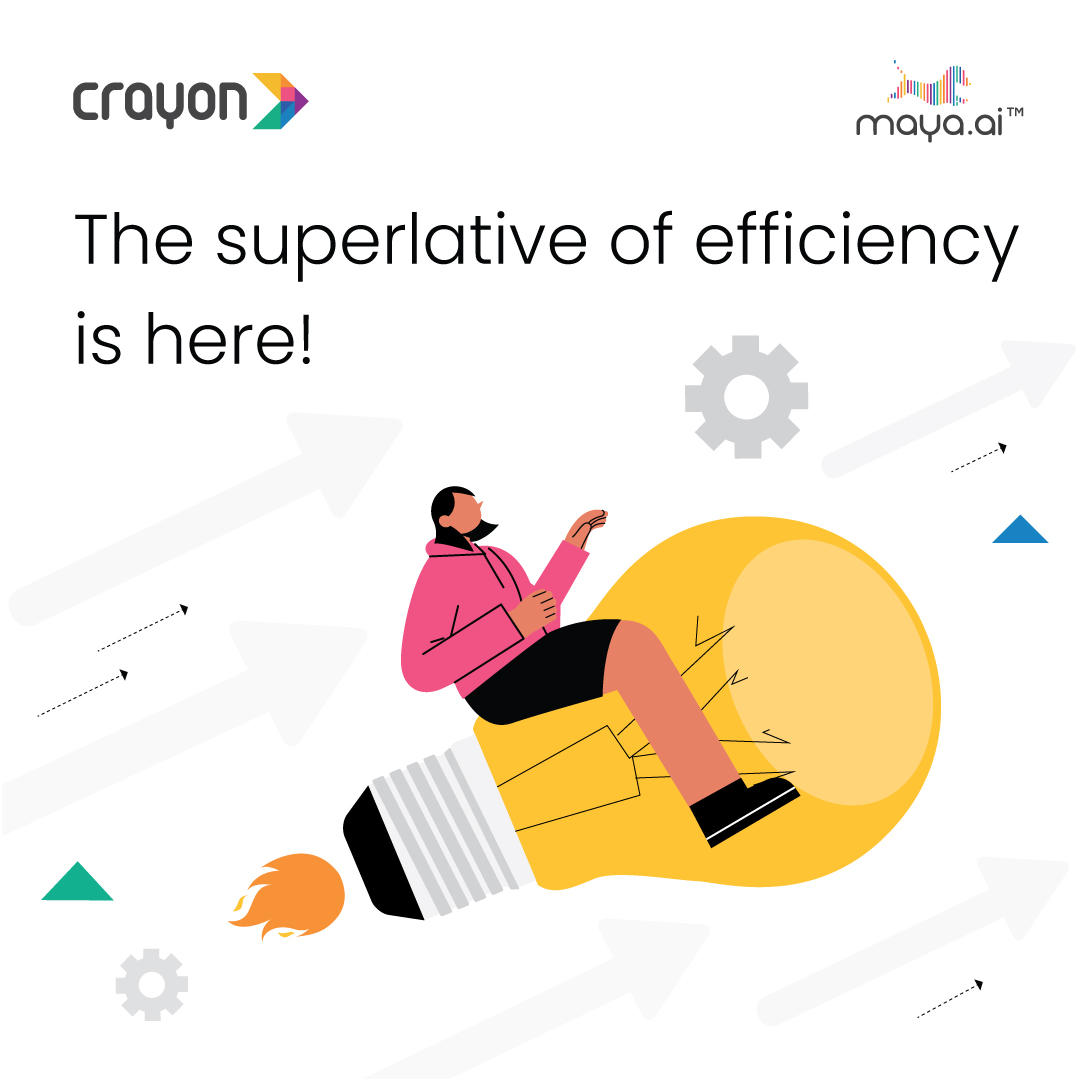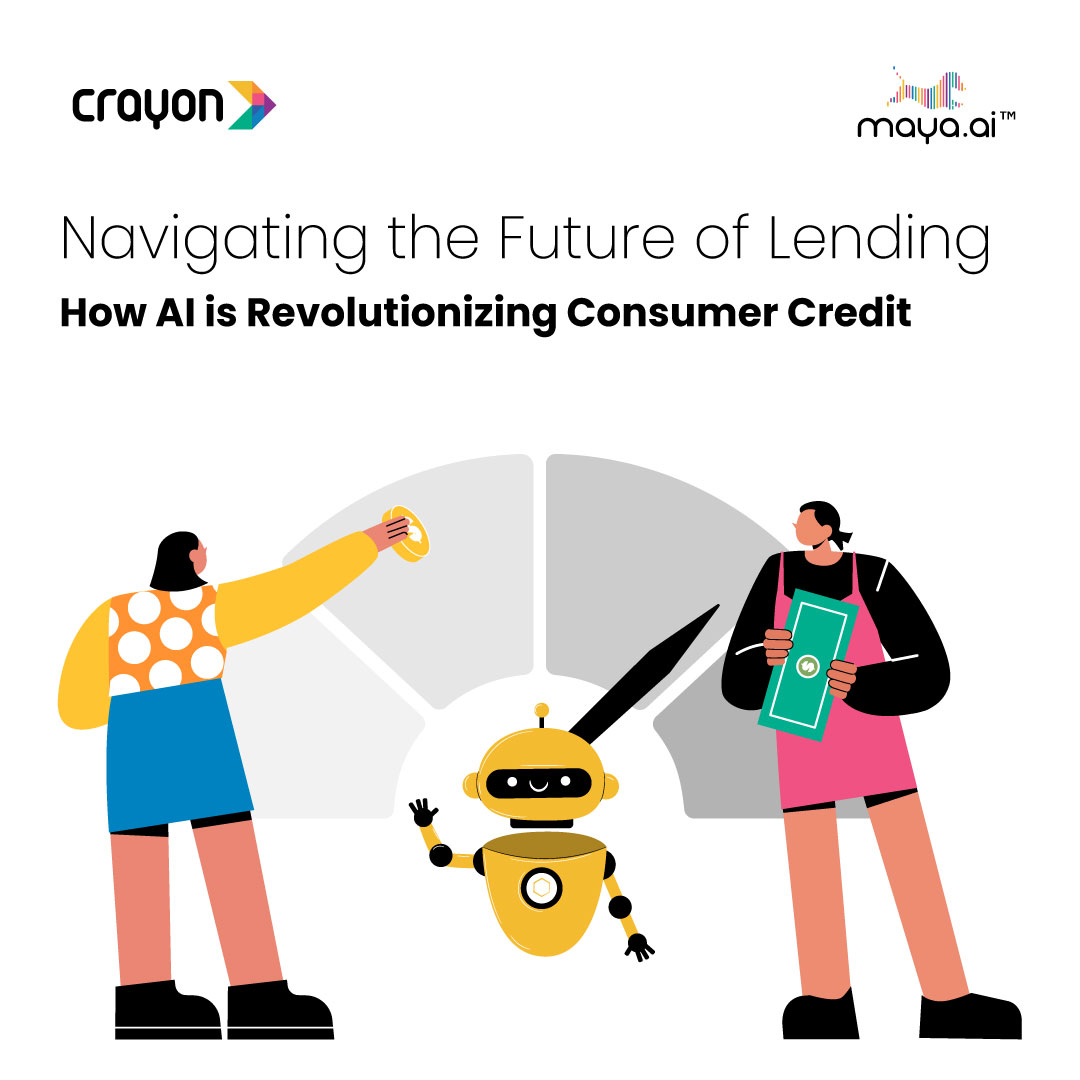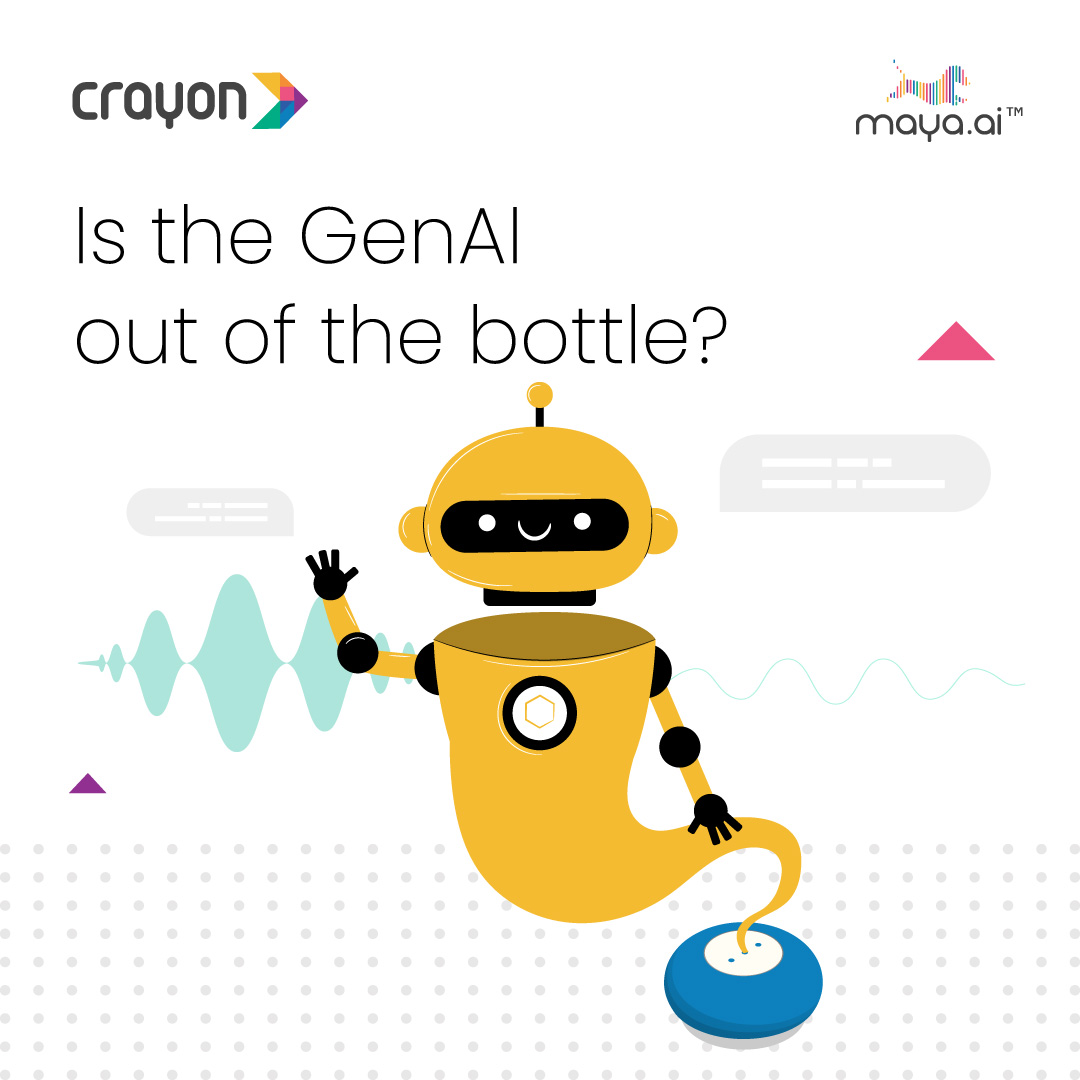Source: Arabian Reseller
Date: 22-Sep-22
Suresh Shankar, the Founder and CEO of Crayon Data, and Santiago Duro, the VP of Program Management at Crayon Data, speak about how BI is critical for driving efficiency and making informed decisions on the go
How has the need for BI increased over the past couple of years?
Suresh Shankar: Data has already proven to be indispensable for businesses. The increasing prevalence of big data has increased the need for Business Intelligence (BI). The sheer volume available – we’re looking at 175 zettabytes of global data by 2025 – means it is imperative for companies to invest in BI yesterday.
BI is critical for driving efficiency and making informed decisions on the go. Data analytics is said to make decision-making 5x faster for businesses! Without acting on these insights, enterprises will cease to be relevant to their customers. Data-based BI can identify areas where resources are being wasted and streamline their processes. With real-time insights into customer behavior, companies can make better calls on how to engage with them. This will increase their relevance quotient.
Globally, 26% of companies have adopted BI as a way of life. Closer to home, UAE is already making a name for itself as an experimental hub for all things tech, AI, big data, and most recently, the metaverse. As such, the BI market in the MENA region is expected to grow at a CAGR of 10.61% by 2028. Today’s business analysts must use new technologies like machine learning or natural language processing (NLP) in order to extract insights from these vast amounts of information.
Alternately, enterprises choose to use cloud-based platforms that provide access to massive data centers to power their BI needs. Our data champions across functions embrace this approach both in their daily tasks and as they work on strategies for clients.
Has the pandemic had any impact on the need for BI solutions?
Suresh Shankar: Definitely! There has been a huge uptick in the demand for BI post-pandemic. In a remote/hybrid world, companies were forced to think beyond their traditional approaches. In a race against time and competitors, they’re now willing to rely on and trust analytics and data-crunching software.
The physical and economic challenges that arose during the pandemic also led to new consumer behavior patterns online. Now, more than ever, relevance is key. Especially in the fintech and travel sectors, there was a need to stay relevant to their customers in order to drive share-of-wallet. Banks needed to deliver superior customer experiences at a time when everything was moving online practically overnight. Merchants across industries needed to stay top-of-mind to bring in revenue from an engaged customer base.
By adopting AI-led business intelligence practices, many lessons were learned on the importance of using data. The numbers say it all. Over 50% of companies are looking at tech that will strategically differentiate them from their competition. The spending on digital and tech adoption has increased despite tight budgets elsewhere in the business. This is largely due to the shift in mindset amongst customers.
Being used to the personalized experiences they receive daily from platforms like Netflix and Spotify, they now expect the same from all lifestyle services. Enterprises know that if they don’t offer a similar experience, they’re going to lose share-of-wallet. This has given them an incentive to up their customer engagement game. And BI, supported by AI-led data analytics, can make all the difference. After all, a third of companies are set to adopt digital BI in the coming year.
How does Crayon Data turn raw data into an organizational business intelligence repository?
Santiago Duro: Any data in hand needs to be gauged for its meaning and usage for the “intelligence” aspect to come into play. The typical process followed by organizations is ETL – Extract, Transform, Load. In contrast, we follow a decentralized data processing in which data producers are decoupled from data servers and brokers.
These in turn are decoupled from the consumers consuming the data. This differentiated process allows us to increase efficiencies with a data fabric that can be sliced and diced across multiple data dimensions with minimal friction. Data users and admins across departments thus get a holistic experience. Additionally, our architecture is fully cloud agnostic and supports all types of data, ensuring data consistency for any data movement.
Crayon Data also provides clients with external data that gives additional insights and provides an added flavour to build its signature dish. This mix then goes into the same data lake topped by the intelligence layer which helps us understand the relationships across numerous dimensions of analysis and modelling. This is the core of our flagship platform maya.ai, which enables businesses to provide a high level of personalization to customers in large enterprises.
Can metaverse enhance BI solutions?
Suresh Shankar: The Metaverse is at a highly experimental stage right now. It is simply an attempt to bring the offline world into the digital world. And just like the internet, the fundamental building block for the metaverse is data.
The metaverse offers several potential benefits that can be used in conjunction with BI solutions. It can allow organizations to navigate and visualize data in a more immersive way. There is the potential for businesses to assume the role of the customer and get a personal, in-depth understanding of the customer experience in a way that wasn’t possible with traditional BI. As for enhancing BI solutions, we’ll have to wait and watch. I look forward to seeing how the industry innovates and uses metaverse data to create better customer experiences.
How does AI aid in creating actionable processes for today’s businesses?
Santiago Duro: Businesses today need to embrace tech as their new colleague. Artificial Intelligence (AI) and Machine Learning (ML) provide users with a degree of speed and scale that cannot be achieved by humans. AI helps make sense of data and in turn, provides actionable results. Some of the business areas AI is aiding in are:
- AI in lead prioritization: Ranking prospects in the pipeline basis their chances of closing with historical data.
- Chatbots/voice bots: Humanise the conversations with a customer through AI.
- Intelligent personalization: it can assist in improving the visitor experience on a website through intelligent personalization – website experience, push notifications, image recognition, and SEO optimization.
- Eliminate repetitive tasks in accounting with lesser chances of error. Semi-automation of payrolls is also an emerging area in AI. The market for cloud-based payroll software is set to hit $13.37 billion by 2026.
- Automate cybersecurity and software maintenance tasks thereby eliminating the risk of cyber security attacks.
Check out our take on metaverse in UAE here




